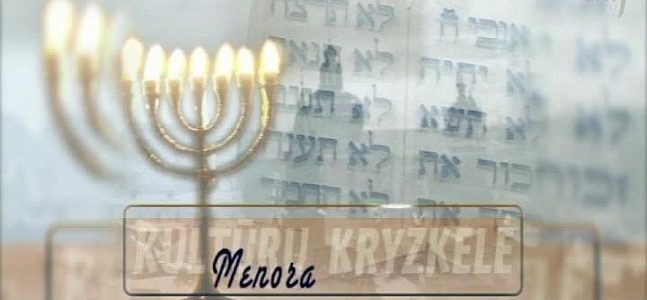
November 16 is UNESCO’s International Day of Tolerance. Under the UNESCO definition in its Declaration of the Principles of Tolerance, tolerance doesn’t mean a tolerant attitude towards social injustice, nor the renunciation of one’s principles and their replacement with someone else’s. It means everyone is free to hold their own convictions and recognizes the right of others to do the same. It means recognizing people are born with different appearances into different social conditions, learn different languages, behavior and values, and have the right to live in peace and preserve their individuality.
The Ethnic Minorities Department under the Government of Lithuania named winners of its prize for intercultural communication November 13. There were 37 separate works in the running this year, including television programs, articles and interviews.
The judges’ panel awarded the prize to journalist, editor and filmmaker Vitalijus Karakorskis for originality and for discovering incredible connections between the ethnic communities resident in Lithuania in his making of an episode of the Lithuanian public television (LRT) program Menora on the topic of Dr. Jonas Basanavičius and Lithuanian Jews, on the 90th anniversary of the death of the patriarch of the Lithuanian state. They also awarded the prize to Siarhey Haurylenka for exceptional treatment of the cultures of Lithuanian ethnic minorities and the Belarusian language in the LRT television series about culture and history called “Cultural Crossroads: The Vilnius Notebook.”
Alytus News reporter Aldona Kudzienė was also awarded a consolation prize of a watch for excellence in reporting on Lithuanian ethnic minorities in the more rural areas of Lithuania.
Prizes are to be awarded at a Tolerance Day ceremony to be held at the Lithuanian parliament on November 16.
Congratulations to the winners and all the contestants.

